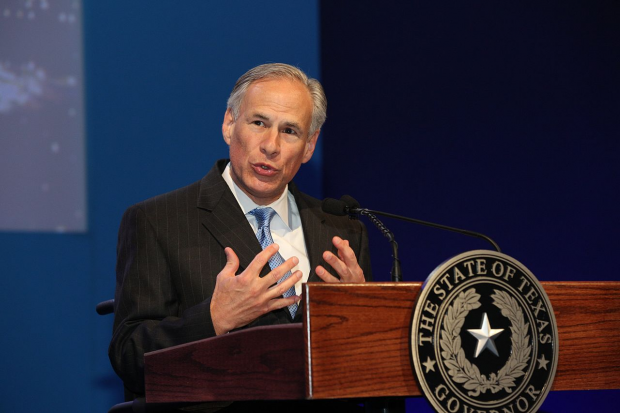In the wake of Texas Governor Greg Abbott's signing of a law banning diversity, equity, and inclusion (DEI) initiatives in higher education, universities across the state are experiencing significant repercussions.
The effects of this legislation extend beyond Texas, with similar measures being considered or implemented in numerous other states. This article explores the impact of anti-DEI legislation in Texas, shedding light on the job cuts and broader implications for university campuses.

(Photo : WIKIMEDIA COMMONS / World Travel & Tourism Council)
A Wave of Job Cuts Across Texas Universities
Following the implementation of the anti-DEI law, Texas universities have been forced to make substantial changes to comply with the new regulations. The University of Texas at Austin, one of the largest college campuses in the U.S., swiftly responded by shuttering its Division of Campus and Community Engagement and eliminating numerous positions. While university officials have been tight-lipped about the exact number of job cuts, reports from the Texas
Conference of the American Association of University Professors suggest that over 60 staff members at UT Austin alone have been terminated as a result of the law. Additionally, other universities in Texas, including Texas A&M University and Texas Tech University, have indicated that a total of 36 positions were eliminated. The ripple effects of these job cuts are reverberating across the academic landscape, leaving faculty and staff members uncertain about their futures.
READ MORE: University Of Texas At Austin Shuts Down Former DEI Division, Triggers Backlash And Layoffs
Legislative Landscape Beyond Texas
Texas is not alone in its pursuit of anti-DEI legislation. Five states, including Texas, have recently passed laws targeting DEI programs, with at least 20 others considering similar measures. Florida was the first to implement such a ban, garnering support from then-Governor Ron DeSantis.
The University of Florida, in response to the law, announced a series of terminations, highlighting the far-reaching impact of anti-DEI legislation. Moreover, states like Utah and Wisconsin have enacted measures limiting DEI positions and initiatives within their university systems. These legislative actions underscore a broader trend of Republican-led efforts to curtail DEI programs, framing them as discriminatory and ideologically motivated.
Personal Stories Amidst Policy Shifts
Behind the statistics and legislative debates lie personal stories of individuals directly affected by anti-DEI legislation. Aquasia Shaw, a faculty member at the University of Texas at Austin, found herself among those facing job insecurity following the closure of the Division of Campus and Community Engagement.
Despite her focus on teaching and research, Shaw's contract was not renewed, leaving her grappling with uncertainty about her future career prospects. Shaw's experience reflects the broader challenges faced by minority faculty and staff members, who often bear the brunt of institutional changes driven by anti-DEI policies.
The implementation of anti-DEI legislation in Texas and beyond has sparked widespread debate and raised fundamental questions about the role of diversity and inclusion in higher education. While proponents argue that such measures promote fairness and neutrality, critics contend that they undermine efforts to address systemic inequities and create inclusive learning environments.
As universities navigate the complexities of compliance and adaptation, the human impact of these policies serves as a stark reminder of the stakes involved. As the political landscape continues to evolve, the future of DEI initiatives in higher education remains uncertain, with implications that extend far beyond the confines of campus walls.
RELATED ARTICLE: Texas Public Schools And Colleges Prepare Implementation Of Anti-Diversity, Equity And Inclusion Bill








